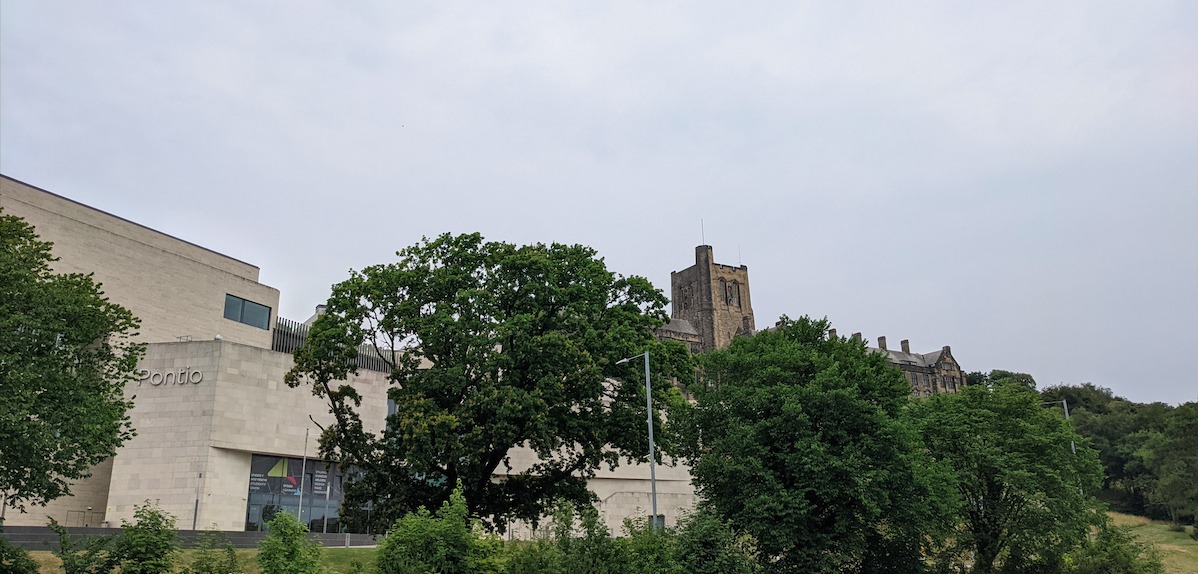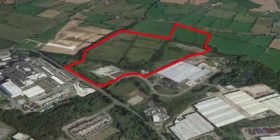Proposed slashing of Bangor councillors prompts calls for Welsh Government rethink

The Welsh Government has been urged to slam the brakes on a ‘disproportionate’ slashing in the number of councillors representing a university city.
In plans that are now being considered by ministers, the proposed boundary changes would see Gwynedd lose six county councillors, bringing the number of elected members down to 69 compared to the current 75.
The proposals, which would come into effect for next year’s council elections, have been presented by the independent Local Democracy and Boundary Commission for Wales despite long-running push back from Gwynedd Council itself.
While a final decision is expected within weeks, particular concerns have again been raised on the “disproportionate” impact on the city of Bangor, which is set to lose four councillors as part of the shake-up.
The particular impact on Bangor has been blamed on the number of non-registered voters in the city, with its Menai ward currently the most ‘over represented’ in Gwynedd.
But Bangor City Council, in an earlier consultation, had argued that its special status as a university town was behind the large number of residents not registered to vote, urging civil servants to take this into account.
The commission has proposed that while Glyder and Dewi should remain unchanged, a new “Faenol” ward would include more urban areas than currently form part of the Pentir ward.
But the remaining Deiniol, Garth, Hendre, Hirael, Marchog, Menai and Pentir wards would all be swallowed into either the ‘Canol Bangor’ or ‘Dwyrain Bangor’ divisions, each electing two councillors.
This was despite the report acknowledging calls from Marchog councillor Nigel Pickavance for the retention of the two member ward, which includes Maesgeirchen, due to the local levels of deprivation and the resulting workload.
According to the Commission, their figures are based on the number of registered electors and are meant to ensure voter parity across the county – targeting an average of 1,208 voters per councillor.
But according to Sian Gwenllian MS, who’s again written to the Welsh Government urging them to reconsider before its too late, a number of concerns have been raised by citizens.
In a previous letter to Alun Davies, then-cabinet Secretary for Local Government and Public Services in the Welsh Government, she wrote that the “unjust and undemocratic” would result in Bangor’s representation in the council chamber dropping from eleven to seven.
Ms Gwenllian added, “It appears that the recommendations are based solely on numbers and I feel that this shows complete disregard of the city’s unique socio-economic circumstances in terms of the provision of local services and the workload of councillors.
“For example, Bangor is home to the fourth largest university in Wales and in term time the city’s population swells to around 26,000.
“Students do not necessarily appear on the electoral register for Bangor wards but for the majority of the year, they reside in Bangor and make use of local services, including the help of their local elected representatives.
“Also, wards such as Marchog are home to a higher percentage of low-income and disadvantaged residents who consequently need more help via local council services and the assistance of their councillors to address housing, education and other issues.
“A large number of these residents are not registered to vote and so, again, the numbers on the electoral register do not accurately reflect the amount and nature of work undertaken by councillors representing these wards.
“Many challenges arise as a result of Bangor’s particular make-up, in terms of social, economic, education, housing, health, environment and language issues.
“The workload taken on by councillors does not, as a matter of course, relate directly to the number of people on the electoral register and yet the report seems to base its findings purely on numbers.”
In response, a Welsh Government spokesperson said: “The Minister for Finance and Local Government is carefully considering each of the Local Democracy and Boundary Commission’s reports taking into account its recommendations and all representations received by Welsh Ministers as part of the review process.”
By Gareth Williams – Local Democracy Reporter
Spotted something? Got a story? Send a Facebook Message | A direct message on Twitter | Email news@north.wales







